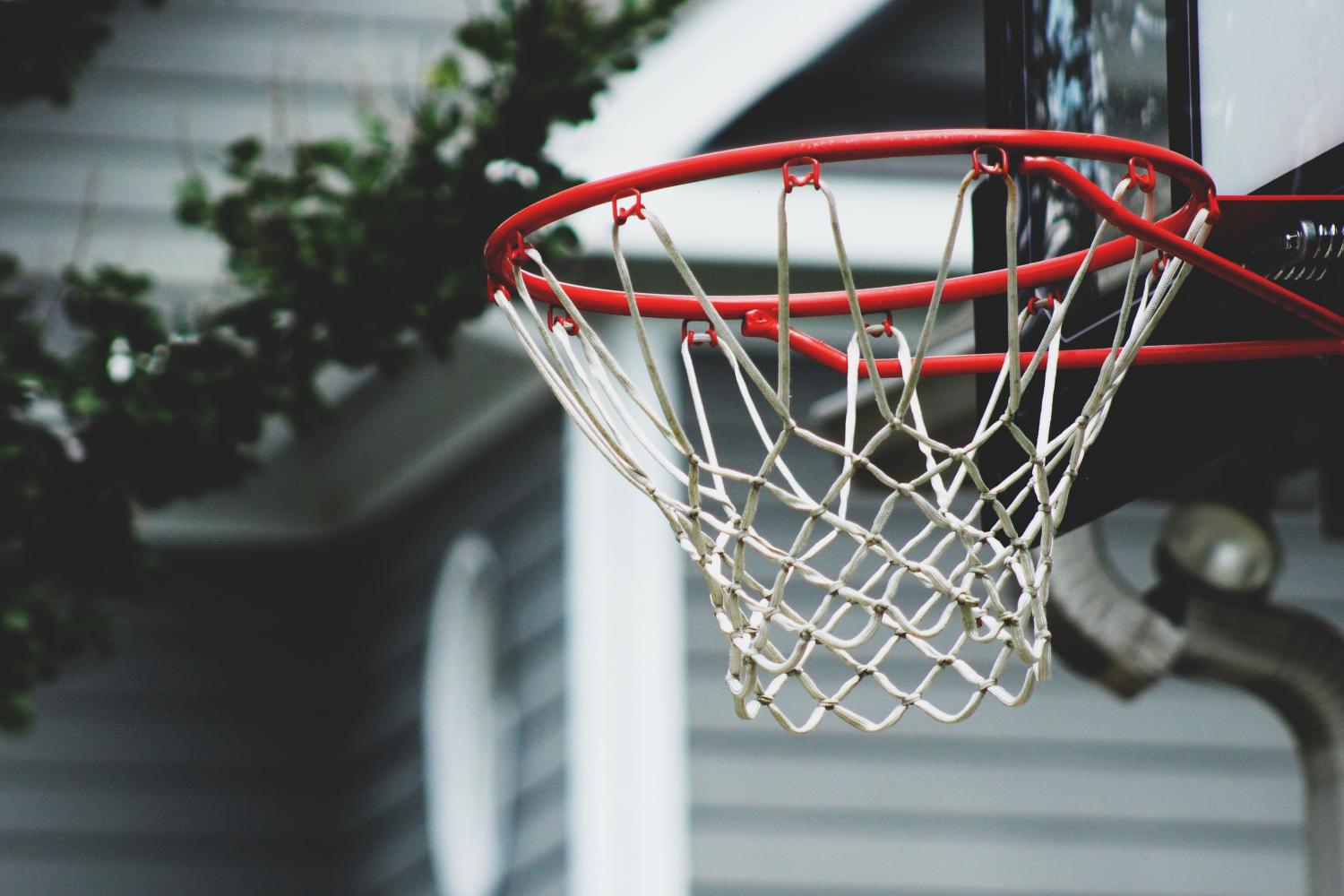
The familiar warning, “be careful what you wish for,” hit the National Basketball Association in full last week when it became embroiled in the months-long clash between Hong Kong civil rights protestors and allies of the Chinese government. The NBA has now become a test case for leading businesses that seek to maintain a solid corporate social responsibility profile in the U.S. while tapping into the large, lucrative Chinese market.
The Hong Kong protests: It’s going to get worse before it gets better
Relations between Hong Kong and the Chinese mainland have been heating up ever since the British handed the former colony back to China in 1997. The tensions boiled over this year, and clashes between Hong Kong protestors and police have grown violent.
As the protests spread, they're gaining support among the general public in Hong Kong, with Reuters reporting that "school children, office workers, shoppers and the elderly" were among the demonstrators at some rallies.
Adding more fuel to the fire, last week U.S. President Donald Trump announced a breakthrough in U.S.-China trade negotiations. The announcement all but green-lights China’s efforts to turn up the pressure on Hong Kong activists, potentially leading to more violence.
Brands under the bus
In the midst of this fraught situation, last week Houston Rockets general manager Daryl Morey posted a brief statement in support of the Hong Kong protestors on his personal Twitter account.
He quickly deleted it, but the damage was done. The reaction in China was swift and furious.
NBA President Adam Silver eventually issued a formal public statement to defuse the situation, but he only touched off another firestorm in the U.S. by appearing to acquiesce in the suppression of free speech.
The problem, many say, was that Silver deflected. He pointed out that the NBA is just one among many global brands bringing “business to places with different political systems around the world.”
That much is true, but that is also where Silver’s argument goes south. Until recent years, U.S. brands doing business in other countries could position themselves as ambassadors of American culture, practicing “an important form of people-to-people exchange,” as Silver put it. Brands could afford to ignore undemocratic practices in other countries only because they were cushioned by the firm hand of U.S. foreign policy, which has long positioned the U.S. as the keeper of the flame of democracy and civil rights.
During the Trump administration, however, some feel U.S. policy has become unpredictable, inconsistent and unreliable. In effect, businesses have been cut adrift from a vital support system.
The real problem is not the Morey tweet. The problem is that Silver failed to acknowledge that the concept of “people-to-people exchange” loses all value when it is not supported by strong U.S. policy on democracy and civil rights.
Other brands taking stands over social issues in the U.S. could also be at risk if they take a public position in support of the Morey tweet. So far, none have.
Democracy and personhood
There is another problem with Silver’s statement. He concluded by observing: “Sports can be a unifying force that focuses on what we have in common as human beings rather than our differences.”
In this context, Silver fundamentally misses the point. “What we have in common as human beings” is not simply a matter of enjoying the same extracurricular activities. The definition of a person is also a matter of national identity.
In the U.S., the definition of a person is written into the founding documents of the nation, most famously in the opening words of the Declaration of Independence: “…all men are created equal, that they are endowed by their creator with certain unalienable rights, that among these are life, liberty and the pursuit of happiness…”
The Declaration also tightly links this rights-based definition of personhood to the role of government. As viewed by the founders, the primary purpose of a government is to secure the rights that define a human being: “…to secure these rights, governments are instituted among men, deriving their just powers from the consent of the governed…”
Those rights are further defined in the U.S. Constitution, which premises the expression of personhood on the ability to express ideas without fear of reprisal from the government.
The award-winning U.S. writer Mitch Albom drew out this difference in the Detroit Free Press last weekend. In particular, Albom cited one official response from China on the CCTV network. The statement neatly sums up the disconnect between personhood, government and free expression in China: “…any remarks that challenge [China’s] national sovereignty and social stability are not within the scope of freedom of speech.”
In this context, the idea that the NBA—or any brand, for that matter—is an ambassador for Western-style democracy is a hollow shell, one that Morey may have just cracked wide open.
Image credits: Brandi Redd and Tommy Boudreau via Unsplash

Tina writes frequently for TriplePundit and other websites, with a focus on military, government and corporate sustainability, clean tech research and emerging energy technologies. She is a former Deputy Director of Public Affairs of the New York City Department of Environmental Protection, and author of books and articles on recycling and other conservation themes.














